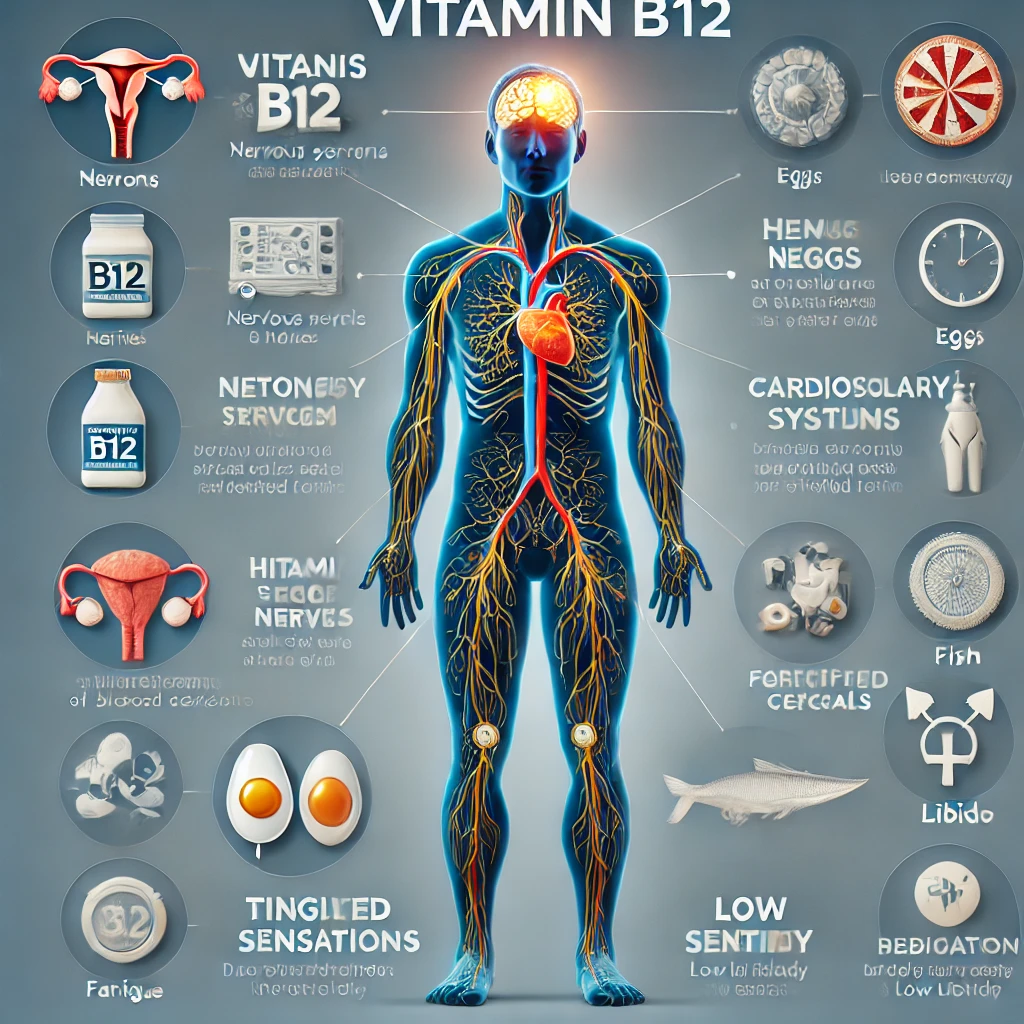Why Am I Always Tired? Understanding the Stress-Fatigue Connection
(By Dr. Hitesh Shah – Innovator of Integrated Sexology, Classical Homeopath, Stress Management Expert, Pre-marriage Counsellor, and Personal Counsellor)
Introduction: “Why Am I So Tired All the Time?”
Do you wake up feeling like you fought a wrestling match in your dreams? Does your energy fizzle out faster than a soda left open? You’re not alone. Many people wonder, “Why am I always tired?” despite getting a full night’s sleep. The culprit is often stress and its deep connection with fatigue.
Stress isn’t just about feeling overwhelmed—it hijacks your body, mind, and emotions, leading to chronic exhaustion. But here’s the good news: with the right stress management techniques, you can reclaim your energy and feel alive again. Let’s break it down in a simple, relatable way.
The Stress-Fatigue Loop: Why Stress Makes You Exhausted
Imagine this: Your boss calls for a sudden meeting, your child spills milk on your laptop, and your phone battery dies just as you receive an important OTP. Your body goes into “fight or flight” mode, releasing stress hormones like cortisol and adrenaline. These hormones are meant to keep you alert in emergencies. But when stress becomes chronic, your body never gets a break.
This leads to:
- Poor sleep (Stress messes with your sleep cycle).
- Hormonal imbalances (Your body is stuck in overdrive).
- Mental exhaustion (Too much thinking, too little relaxation).
- Physical fatigue (Your muscles remain tense for too long).
Dr. Hitesh Shah, a top sexologist in Mumbai, explains: “Your brain is like a smartphone. Too many apps open, and it drains the battery faster. Stress keeps all your mental apps running 24/7, leading to energy depletion.”
Example 1: The Monday Morning Mystery
You sleep well on Sunday but wake up exhausted on Monday. Why? Weekend stress lag. Your mind spends Sunday night worrying about deadlines, leading to poor-quality sleep. Your brain gets no rest, making you wake up groggy. Solution? Try relaxation exercises before bed to calm your nervous system.
Learn more about sleep and stress from Harvard Medical School
Types of Fatigue Caused by Stress
- Physical Fatigue – Constant tiredness, body aches, and muscle weakness.
- Mental Fatigue – Forgetfulness, brain fog, and lack of concentration.
- Emotional Fatigue – Feeling drained, irritable, and unmotivated.
- Social Fatigue – Finding conversations exhausting, avoiding people.
Example 2: The “Dinner Table Zombie” Syndrome
Raj, a 40-year-old marketing professional, comes home, but instead of engaging with his family, he stares blankly at the dinner plate. His mind is exhausted from overthinking all day. Stress isn’t just about running around; mental load can be as tiring as physical labor.
How Stress Affects Sleep and Energy Levels
- Stress activates your nervous system, keeping your body alert.
- It reduces deep sleep, making rest less restorative.
- You wake up frequently, disrupting sleep quality.
- Your digestive system suffers, making nutrient absorption inefficient.
Check out Mayo Clinic’s research on stress and sleep
Dr. Hitesh Shah’s Integrated Approach to Stress Management
With 34 years of clinical experience, Dr. Hitesh Shah, a best sexologist nearby, has developed an integrated and multidisciplinary approach to treating stress-related fatigue.
1. Homeopathy for Stress Relief
- Personalized homeopathic remedies to balance energy levels.
- Natural, non-addictive solutions for better sleep and relaxation.
2. Mindfulness & Breathing Techniques
- Guided meditation to calm the nervous system.
- Deep breathing exercises for instant stress relief.
3. Cognitive Behavioral Therapy (CBT)
- Identifying negative thought patterns causing stress.
- Practical solutions to regain mental clarity.
4. Lifestyle Adjustments
- Custom diet plans to boost energy.
- Exercise routines tailored to stress relief.
Explore stress management techniques from the American Psychological Association
Example 3: The “Weekend Nap Trap”
Neha, a 35-year-old IT professional, sleeps extra hours on weekends but still feels exhausted. Why? Oversleeping disrupts the sleep cycle. Your body prefers consistency, so try maintaining a steady sleep routine.
Practical Tips for Daily Stress Management
- Follow a bedtime ritual (Avoid screens 30 mins before bed).
- Eat magnesium-rich foods (Bananas, almonds, dark chocolate).
- Stay hydrated (Fatigue can be caused by dehydration).
- Laugh more (Laughter reduces cortisol levels).
- Take short breaks (Step away from work every 90 minutes).
Example 4: The “Chronic Overthinker” Syndrome
Meera, an entrepreneur, lies awake replaying past conversations in her head. The result? Less sleep, more stress, and endless fatigue. Overthinking is a major cause of stress-related exhaustion. Solution? Journaling or talking to a therapist.
Final Thoughts: Recharge, Don’t Just Rest
Tiredness isn’t just about sleep; it’s about mental peace. Dr. Hitesh Shah, a best sexologist in Mumbai, emphasizes that stress management is the key to sustained energy levels. With a holistic, scientific, and practical approach, you can break free from the stress-fatigue cycle.
Need Help with Stress & Fatigue? Contact Dr. Hitesh Shah!
📞 Dr. Hitesh Shah
📍 301, Sanjar Enclave, S.V. Road, Kandivali West, Mumbai 400067
📱 Mobile: 9869035111
📧 Email: drhiteshshah@gmail.com
For expert stress management, consult Dr. Hitesh Shah, a top sexologist in Mumbai, and reclaim your energy naturally.






